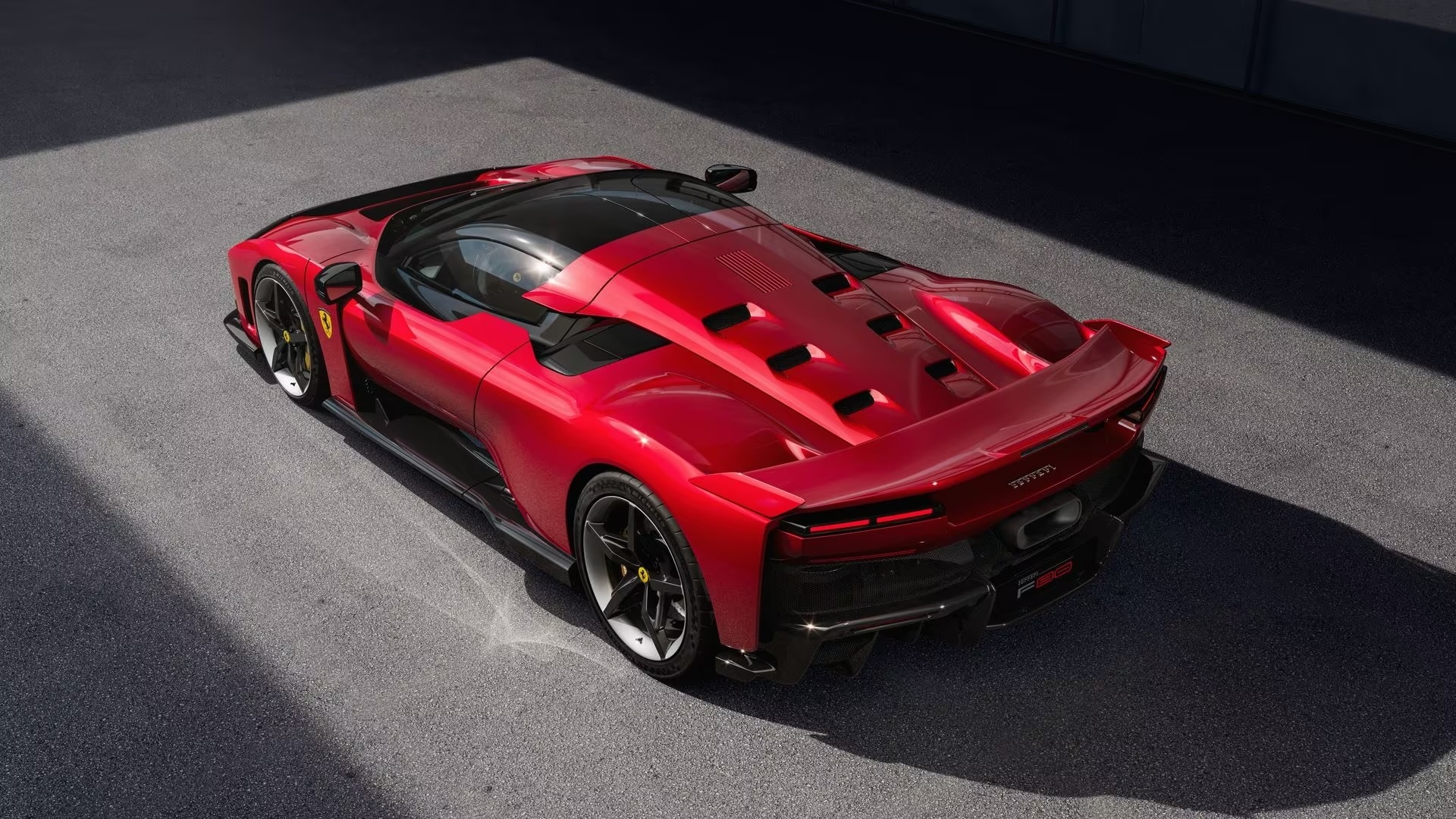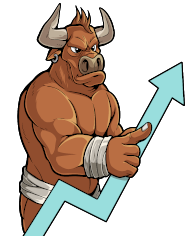RACEFerrari N.V.
Company Overview
Name
52W High
52W Low
Market Cap
Dividend Yield
Price/earnings
P/E
Dividends
No dividend
Sentiment
Score
Mixed
50
Low
Neutral
High
0
50
100
Trade Volume
Score
Neutral
50
Low
Neutral
High
0
50
100
Income Statement
Total Revenue
Operating Revenue
Total Gross Profit
Total Operating Income
Net Income
EV to EBITDA
EV to Revenue
Price to Book value
Price to Earnings
Additional Data
Selling, General & Admin Expense
Research & Development Expense
Other Operating Expenses / (Income)
Total Operating Expenses
Total Other Income / (Expense), net
Total Pre-Tax Income
Earnings History
Estimated EPS
Reported EPS
N/ACompany Overview
Name
52W High
52W Low
Market Cap
Dividend Yield
Price/earnings
P/E
Dividends
No dividend
Sentiment
Score
Mixed
50
Low
Neutral
High
0
50
100
Trade Volume
Score
Neutral
50
Low
Neutral
High
0
50
100
Income Statement
Total Revenue
Operating Revenue
Total Gross Profit
Total Operating Income
Net Income
EV to EBITDA
EV to Revenue
Price to Book value
Price to Earnings
Additional Data
Selling, General & Admin Expense
Research & Development Expense
Other Operating Expenses / (Income)
Total Operating Expenses
Total Other Income / (Expense), net
Total Pre-Tax Income
Earnings History
Estimated EPS
Reported EPS
N/AUpcoming Earnings
Company Info
CEO
Benedetto Vigna
Location
N/A, Italy
Exchange
NYSE
Website
https://ferrari.com
Summary
Ferrari N.
Company Info
CEO
Benedetto Vigna
Location
N/A, Italy
Exchange
NYSE
Website
https://ferrari.com
Summary
Ferrari N.
Community Research
Research from investors like you
Be the first to share your analysis on RACE
Help fellow investors make informed decisions by sharing your research on fundamentals, catalysts, and outlook.
Symbol's posts
Lamborghini cancels Lanzador EV project to focus on hybrids
Lamborghini cancels Lanzador EV project to focus on hybrids
finance.yahoo.com
| Lamborghini kills off luxury EV as CEO says demand 'close to zero'
Do you think anyone invests in Ferrari's stock?
Do you think anyone invests in Ferrari's stock?
I'm thinking it this way. More and more people want luxury items, as the purchasing power grows, more people are drawn to luxury cars. And is definitely the OG, do you think investing in such luxury stocks should be a no brainer?
Ferrari's Stock Drops 16% After Underwhelming EV Unveiling and Lower Guidance
Ferrari's Stock Drops 16% After Underwhelming EV Unveiling and Lower Guidance

www.fool.com
| What Sent This High-Flying Ultra-Luxury Giant's Stock 16% Lower Thursday? | The Motley Fool
No more topics to show






